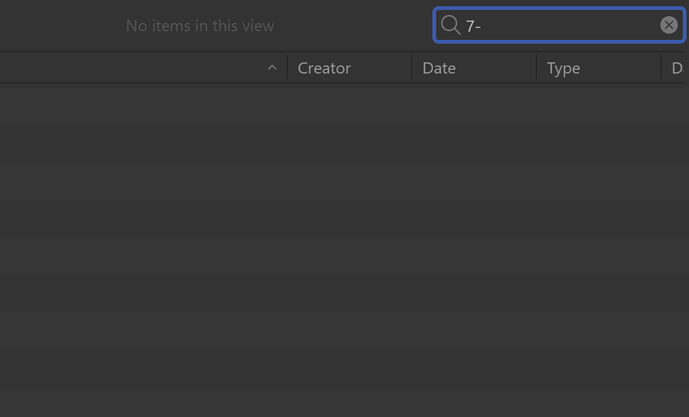I started this as a comment on the thread inquiring about pdfs, but it occurs to me that maybe I was asking the wrong question by assuming that way to do it.
At it’s heart, this is an organizational and retrieval problem. Organize a large # of files by labels for theme/subject (tags), and then be able to quickly and easily generate a list of all files with Y tag.
I am a few months into my research year in the archives and have already amassed A LOT of potential sources for my PhD dissertation. Some I’ve photographed in the archives myself, others I have been able to procure from digitized collections online. Almost anything I got online is a PDF. Anything I have taken in the archives I have as jpegs, and many of those I have converted to pdfs as well.
Most files I look at are organized by topic. They might span one week or 30 years. They might have a single sheet of paper or 300 pages of letters, reports, and internal memos. As an example, there is this file from the British Library:
Title: File Gen 184/9 Correspondence on the disposal of war grave monuments formerly in St Sepulchre’s cemetery, Poona
Collection Area: India Office Records and Private Papers
Reference: IOR/R/4/523
Creation Date: Jul 1956-Jun 1959
The ability to work with sources on such a granular level with Tropy is truly fantastic and something that should not be under appreciated. That said, at this point in my research I am trying to organize WHOLE files in their entirety so that I can cluster them by category (and in turn, dissertation potential chapter). Then I want to go through and reread them more closely. At this early stage, I do not, for instance, want to hop between files, a letter from this file then a letter from that file. That will probably come later, but for now I want to read all the files on topic Y, from beginning to end.
There are a few ways I imagine I might approach this, but none of them seem quite right or quite possible, thus my current inquiry.
Idea #1
Import each archival file into Tropy and then create a list for that particular file reference. Cluster as normal within list. Tag everything in that list as necessary. I started doing it this way, but realized having a couple hundred LISTS in the left hand panel would get unwieldy VERY quickly.
Idea #2
Import all the jpegs for each archival file into Tropy clustered as a SINGLE item (even if it is composed of 200+ images of letters, memos, etc). Tag each item. The read. This is probably the most doable at the moment, but Tropy’s inability to make subitems within a larger items means that I worry how much of a mess I will have on my hands once I begin to break things up on a more granular level. And “exploding”/unclustering items has so far proved a fairly messy process in my experience thus far
Idea #3 (currently not supported by Tropy)
Import to Tropy as PDFs so each archival file, regardless of how many pages/images it is, is only a single item to be tagged in Tropy. Not sure how later in the research I’d break this into a more granular option either, but perhaps after organizing and rereading I’d bring in select jpegs instead of ALL OF THEM?
Idea #4
Something else entirely? Organise them in Zotero as PDFs first somehow? Excel?
The ability to use a “tag” function is really what I think is necessary here, but I’m not sure how to implement it.
Any advice, Tropy or otherwise is most welcome!


